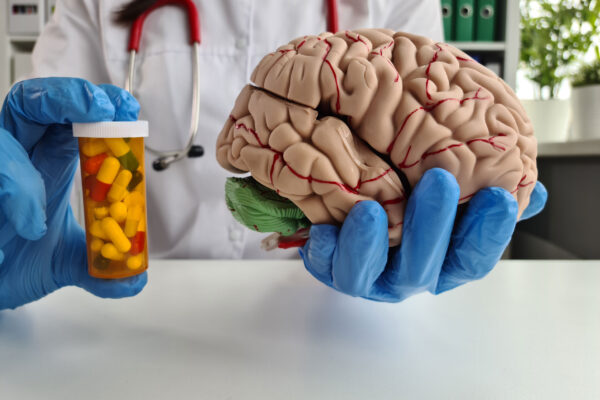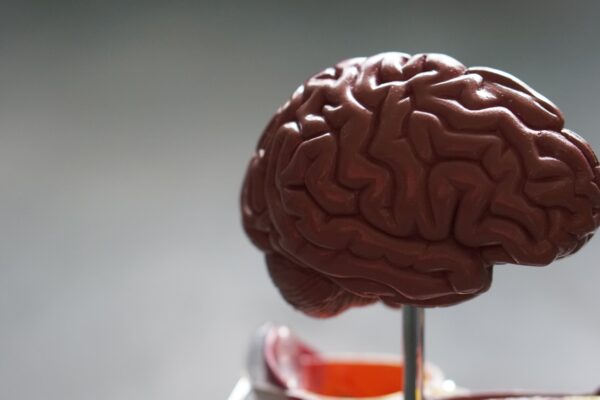Center for Advancing Sociodemographic and Economic Study of Alzheimer’s Disease and Related Dementias
The Center for Advancing Sociodemographic and Economic Study of Alzheimer’s Disease and Related Dementias (CeASES-ADRD) is an interdisciplinary research center housed at the USC Schaeffer Center for Health Policy & Economics the Schaeffer Center, Stanford and the University of Texas, Austin. CeASES-ADRD supports innovative research on the health, economic and social impacts of dementia by identifying opportunities to reduce risk and costs of dementia, improve access and care, and advance solutions for achieving health equity. A special interest is in the development of global, dynamic microsimulation models of ADRD. The findings from these models will inform policymakers and other stakeholders of the trends in ADRD. Goals of the Center are accomplished through network building to broaden and diversify social scientist researchers of dementia; funding support for pilot projects; convening workshops and the annual Science of ADRD for Social Scientists Program to improve the knowledge and capability of researchers.
This project is supported by the National Institute on Aging under the National Institutes of Health, award number P30AG066589.
Program Leadership
-

Julie Zissimopoulos, PhD
Co-Director, Aging and Cognition Program, USC Schaeffer Center
Co-Director, CeASES ADRD and AD-RCMAR
Senior Scholar, USC Schaeffer Institute
Professor, USC Sol Price School of Public Policy
-

Dana Goldman, PhD
Director, USC Schaeffer Institute
Co-Director, USC Schaeffer Center
University Professor of Public Policy, Pharmacy, and Economics, USC
-

Mark D. Hayward, PhD
Professor of Sociology
Centennial Commission Professor in the Liberal Arts
Faculty Research Associate, Population Research Center
Past President, Interdisciplinary Association of Population Health Science
Pilot Awards
CeASES-ADRD funds one-year research projects. Scholars at all stages of their research career interested in social science research related to Alzheimer’s disease are encouraged to apply.
CeASES-ADRD Pilot Project Awardees
Data & Reports
CeASES-ADRD Report Database
Events
Third Annual Science of Alzheimer’s Disease and Alzheimer’s Disease Related Dementias (AD/ADRD) for Social Scientists Program
Ecological Momentary Assessments in Underrepresented Populations
Description: CAPS, UT Austin, and CeASES ADRD co-hosted a two-part workshop series, each with over 100 participants. The first workshop, a hybrid event titled Ecological Momentary Assessments in Underrepresented Populations, featured research by Drs. Jason Hassenstab, Raenne Moore, and Nelson Roque using ecological momentary assessments (EMAs) with a particular focus on cognitive assessments.
Leveraging Behavioral Sciences for Dementia Care
Making medical decisions when there is uncertainty is challenging for patients, caregivers, and the care team. This is especially true for patients with Alzheimer’s and dementia. Insights from the behavioral sciences may help doctors detect dementia earlier and develop more insightful care plans.



